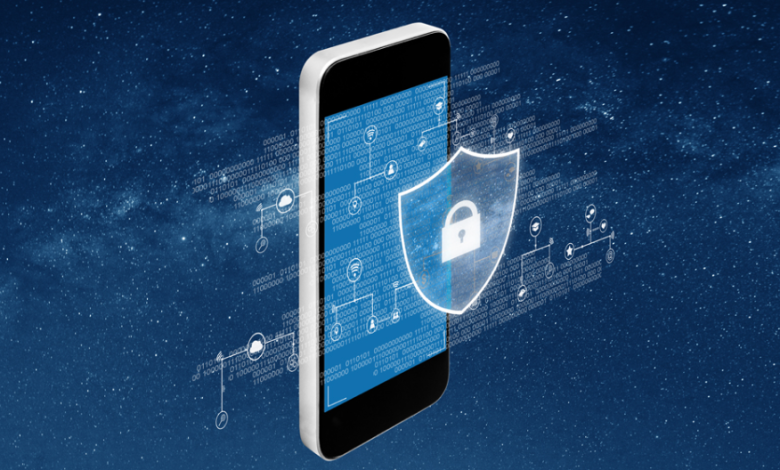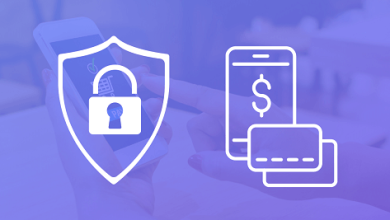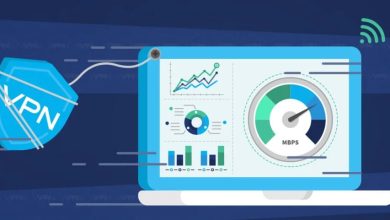Top steps you should take to secure your smartphone

After many data breach scandals followed by the unintentional or intentional sharing of thousands of users’ data by digital giants, more and more of us are wondering how to navigate online securely and, more importantly, how to keep control over the use of our data.
Over the last few years, our phones have become a condensed version of our professional and personal lives. We can find emails from the office and photos of family or evenings with friends, or even direct access to our social network accounts, giving out much more information than we would like about our private lives. And this is not all there is to it. Since many websites and spy apps for android and iphone constantly track our actions or movements without our knowledge. And sometimes with our more or less conscious consent. So how can you put your online security to another level?
Password management: is it essential?
Even if your smartphone hasn’t been stolen or lost, a strong password is essential for your privacy and security on both Android and iOS. As a first step, opt for the automatic lock of your phone after a few seconds of inactivity in the screen settings. Depending on the possibilities offered by your phone, you should choose a six-character password rather than a four-digit code or less.
If you have a lot of accounts on different websites, try to think of various password options so that no one would be able to hack you.
Treat your smartphone like your PC
As phones and their owners gain even more power, they can’t help but become the targets for hackers and their attacks. If you want to protect yourself and your private data from malicious apps, try downloading anti-spyware or a security app.
Also, download an app that helps locate your phone if lost or stolen. Make sure you lock your phone remotely if something happens. Because no matter how careful you are, you can’t avoid all the bad things.
Don’t forget about phone updates
Always keep in mind that you need to download software updates regularly. Often, they include fixes for security holes recently found in the software. Like you do when it comes to your laptop, staying up-to-date is your first line of defense against hackers and viruses.
Beware of links in SMS messages
Smishing, or the combination of SMS and phishing, is when a scammer sends you a message redirecting you to a fraudulent site or asking you to enter sensitive information. Don’t click on links in text messages or emails if you don’t know the sender or if it looks suspicious. Trust your instincts. This type of scam has gained some popularity during the last few years.
Limit emailing and social networking when using the public Wi-Fi
Public Wi-Fi networks are an easy way to enjoy Internet browsing, but unfortunately, it doesn’t mean you will be protected while accessing your favorite websites. Many online platforms, social networks, instant messaging, or email programs are not entirely secure when using a public Wi-Fi network to access them. Also, do not dive into online shopping when you are not using your private network.
Avoid clicking on ads
Advertisements are the lifeblood of the Internet, but they are also the means of transporting malware, spyware, and many other malicious programs, as research on the CellTRackingApps.com blog has shown. To avoid getting stuck with software that spies on everything you do on your device, it’s best not to click on ads, even if the product presented is exciting. Instead, do a Google or Bing search on the product in question.





